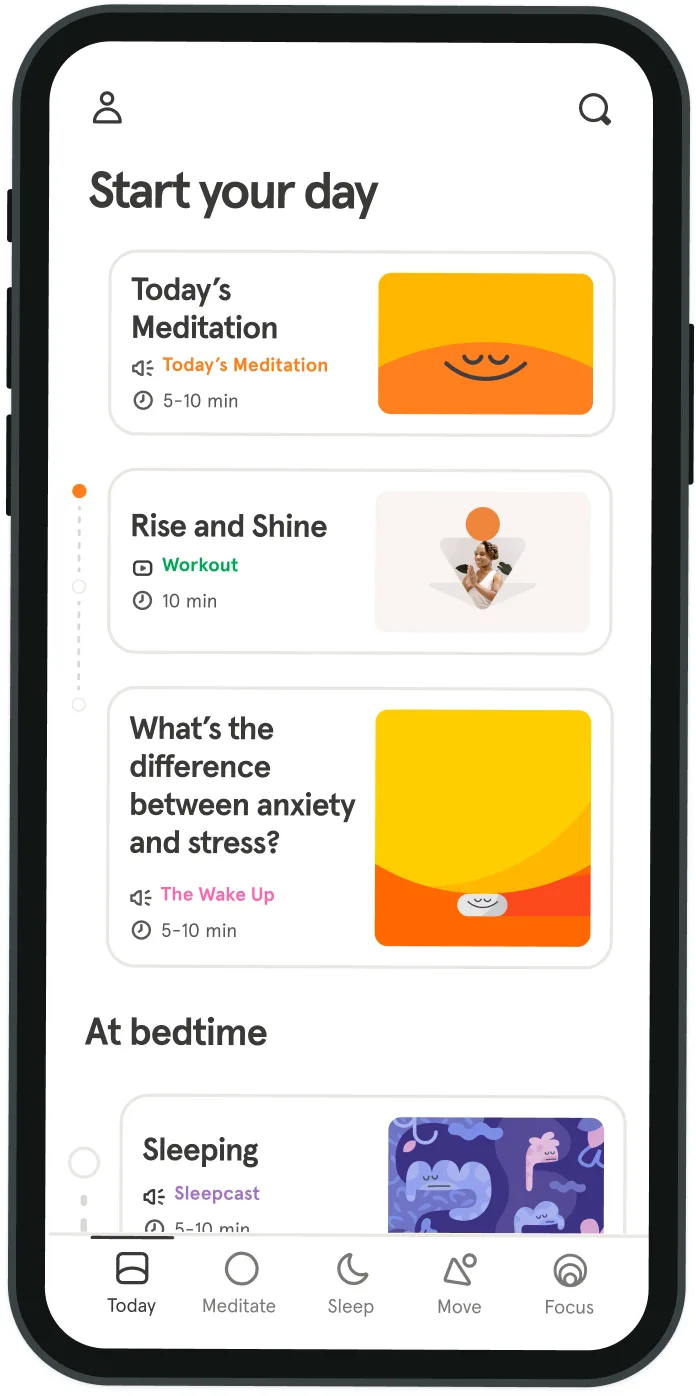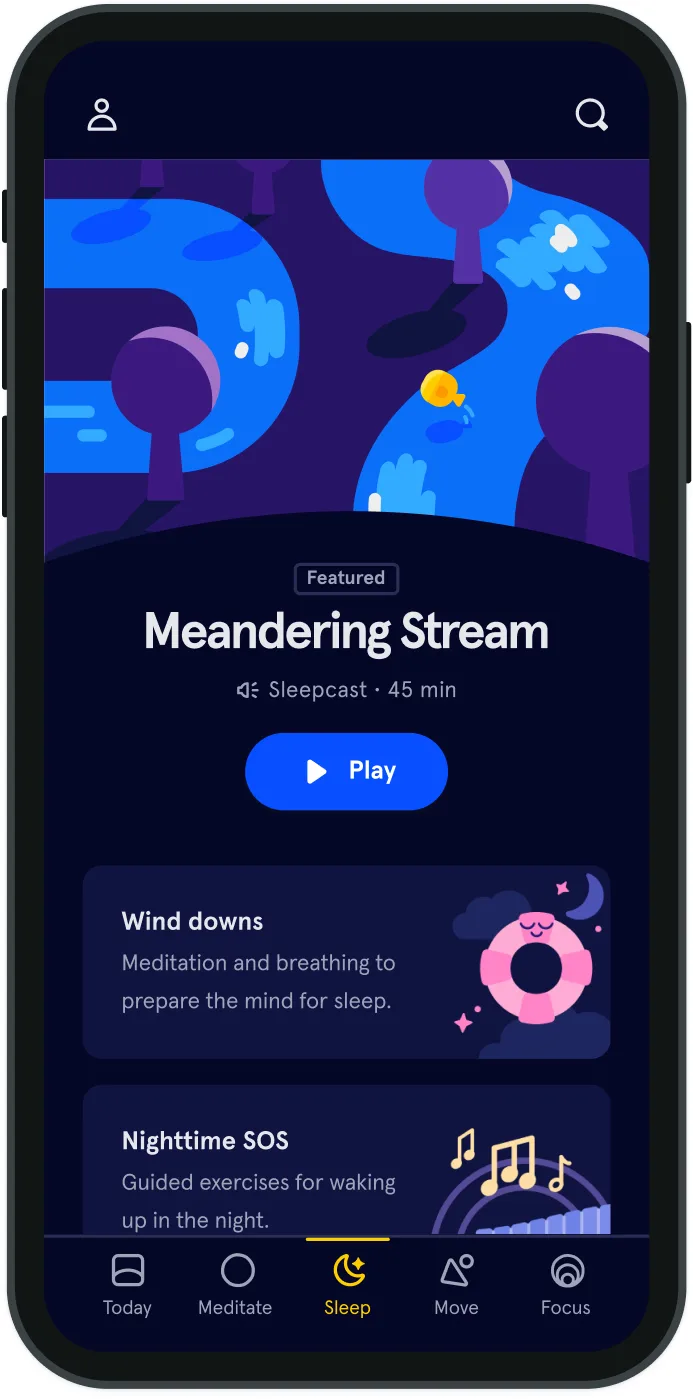3 things to do differently in your relationships this year
For some of us, it can be tough to say “no” to requests from family and friends. But what happens when you say “yes” to everything? You start to feel tired, stressed, anxious, and—even worse—resentful towards the people to whom you said “yes”.
But this doesn’t just happen with family and friends—it’s easy to take on too much at work because you want to impress your boss or help your colleagues. You may work overtime to complete it, which could bring more stress, and less sleep and time with your loved ones. There’s a solution for this: you need to set better boundaries. This doesn’t mean turning every “yes” into a “no”, but it may involve spending more time on what matters to you and less time pleasing everyone else.
What does it mean to set boundaries?
First, setting boundaries is a skill that many of us don’t learn until we become overcommitted ourselves. In reality, boundaries are essential for all relationships. While most studies look at boundaries related to work/life balance, most professionals agree that boundaries are essential to any healthy relationship.
Setting boundaries requires us to get clear about our values, goals, limits, and time, and make decisions about how we actually want to spend our days In an office environment, this could mean that you work from 9 am to 5 pm at your desk, and anything that isn’t finished will wait for the next day. This may also include scheduling time to meditate, exercise, or walk the dogs before or after work hours. Try scheduling it onto the calendar (and sticking to it!), just as you would any other appointment. If you feel exhausted from a long week of work, it’s OK to let your friend know that you can’t help them paint their house this weekend as you’d initially hoped.But it’s not enough to just think these things in your head and feel frustrated when others ask for your time. You have to communicate (and enforce) your boundaries. Here are three steps for how to do just that. 1. Get in tune with yourself. Think about what situations make you feel uncomfortable or stressed, and then take time to really feel it in your body. When you are interacting with someone or trying to make a decision and a feeling of discomfort starts to creep in, that could be a good indicator that your boundaries are being tested.
2. Make yourself a priority. Many of us who have trouble with boundaries have also taken on a caretaker role. Whether learned as a child or developed as an adult, caretakers tend to take on too much responsibility to help everyone. Still, caretakers often neglect to consider self-care until their bodies give explicit signals (like getting sick, experiencing anxiety, or needing extra sleep). But—and it’s not as cliché as it sounds—you really can’t take care of other people if you don’t take care of yourself. In this case, it may not involve bubble baths or spa days (although those are great ideas, too!)—it instead means respecting and acknowledging your feelings and time. Honoring yourself can also help you decide if you are in the right role or relationship in the first place.
Related: How to know if you’re in a toxic friendship
3. Be clear. Set clear limits or requests. If you know that Tuesday and Thursday are jam-packed, ask your partner or neighbor or friend to pitch in (specifically: “please pick up the kids, make dinner, etc.”) on Tuesday and Thursday, not “a couple days a week.” Ask for what you need and be clear when you can’t do something. Avoid saying “maybe” you can help out with an extra project if you know it will add too much to your plate. It’s okay to say “no” sometimes. When you get clear on your boundaries, you’ll find that people not only respect them, but you’ll be more considerate of others’ boundaries as well. And last but not least, boundaries don’t need to be rigid or unforgiving. During the holidays, for example, you might need more time for yourself. Consider boundaries as well-intentioned agreements, but check in with your body to help you decide what you should (and shouldn’t) take on.
In reality, boundaries are essential for all relationships.
Abbie Mood


Be kind to your mind
- Access the full library of 500+ meditations on everything from stress, to resilience, to compassion
- Put your mind to bed with sleep sounds, music, and wind-down exercises
- Make mindfulness a part of your daily routine with tension-releasing workouts, relaxing yoga, Focus music playlists, and more
Meditation and mindfulness for any mind, any mood, any goal
- © 2024 Headspace Inc.
- Terms & conditions
- Privacy policy
- Consumer Health Data
- Your privacy choices
- CA Privacy Notice
